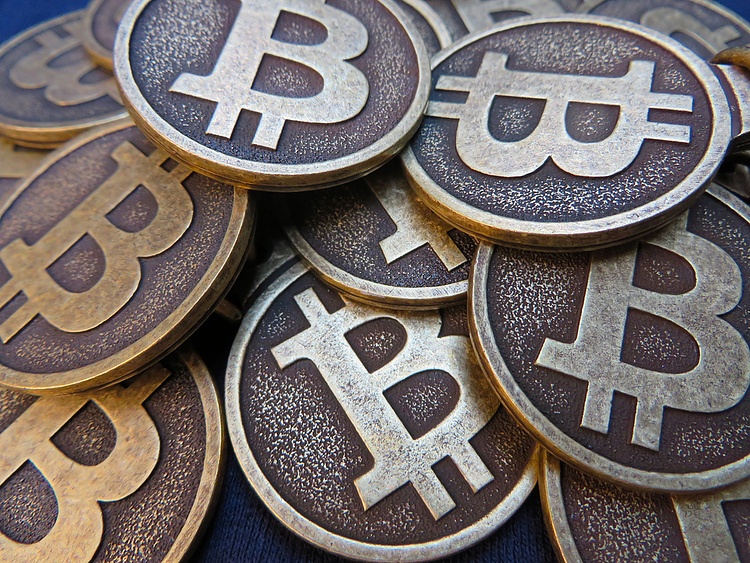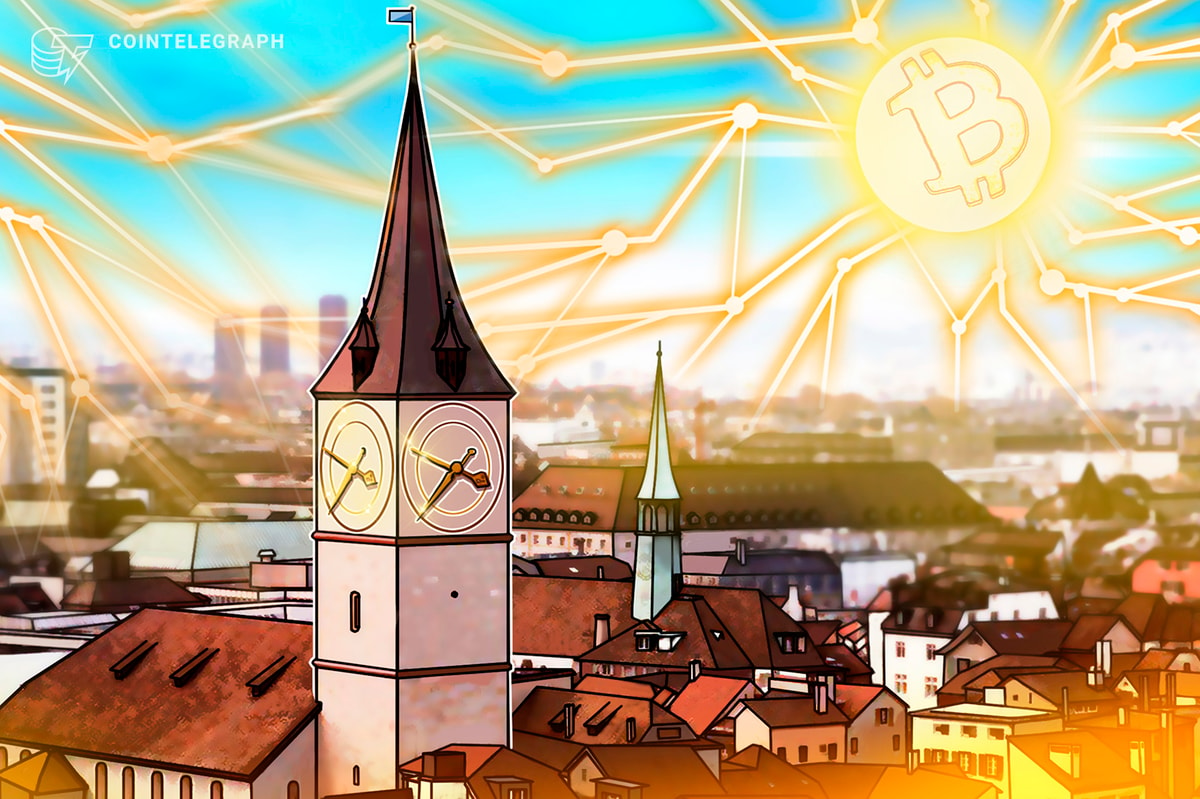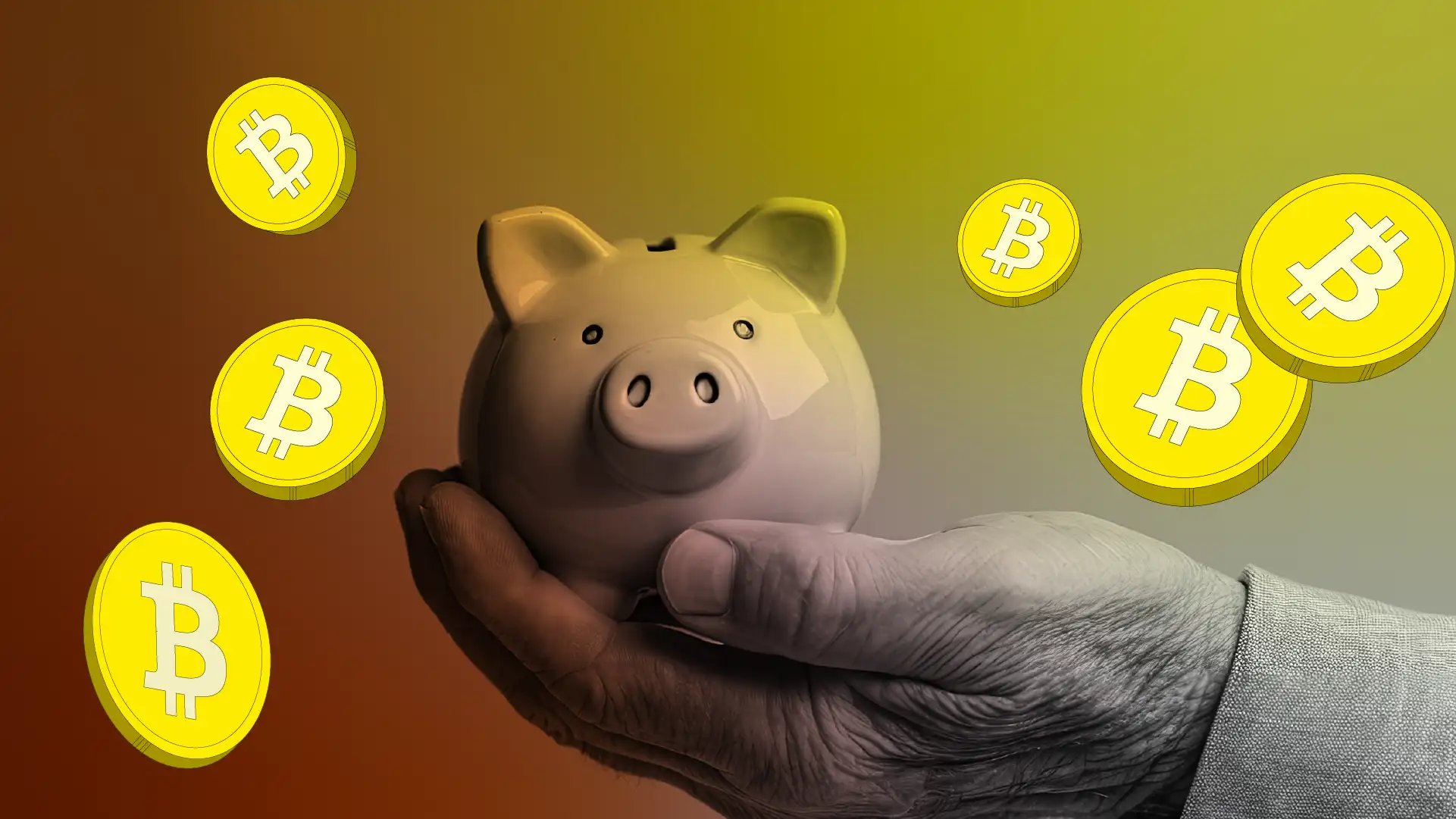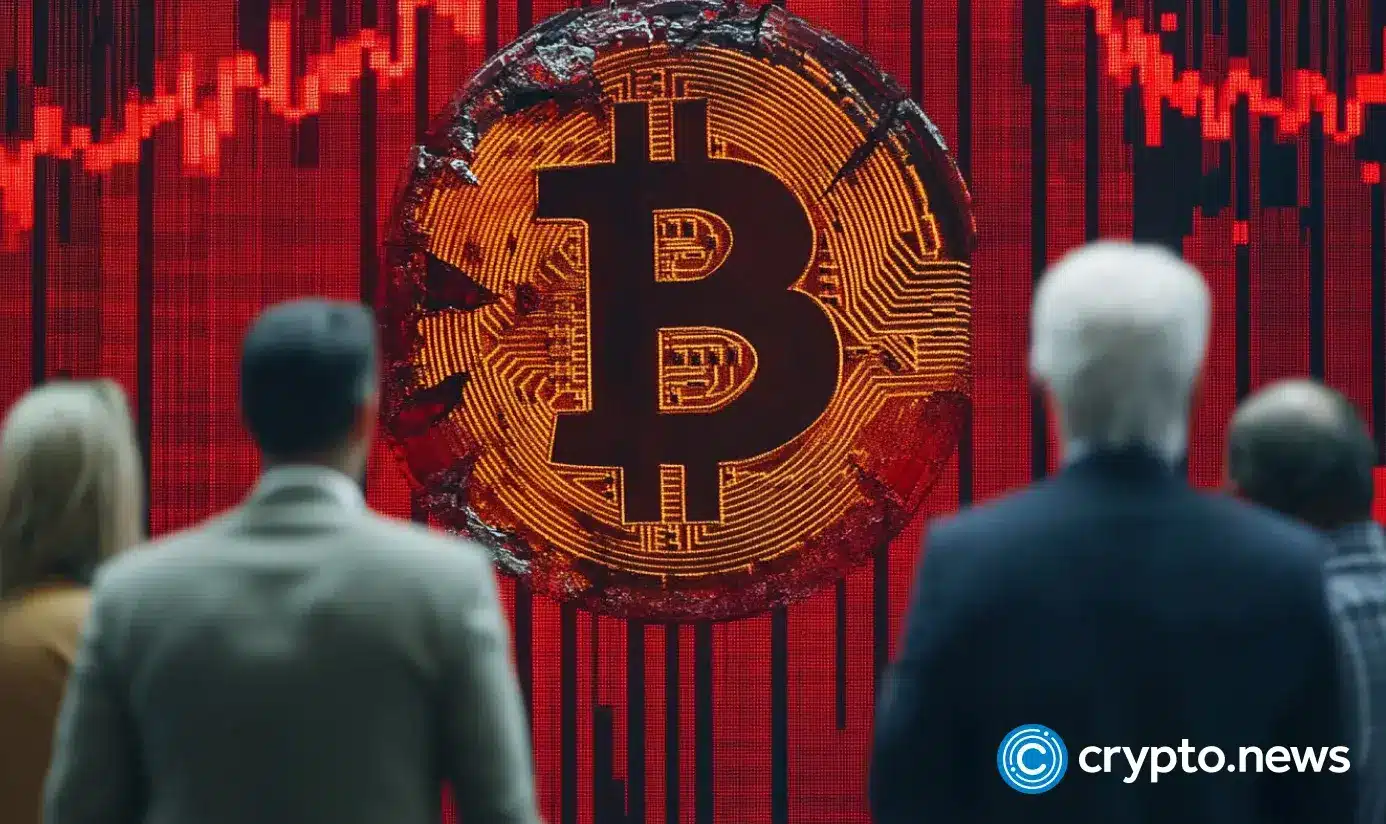- Bitcoin Flashing Bullish Pattern That Led to 100% Rally Earlier This Year, According to Analyst Justin Bennett
- Fake bitcoin inventor Craig Wright sentenced to year in prison
- Bitcoin Price Recovery To $150,000: Fibonacci Levels Show What To Expect Next
- BTC derivatives data hints at rally to $105K
- Bitcoin Crash Is a Top Risk for Stocks Next Year: Thomas Peterffy
Bitcoin as the new gold for national reserves
Bạn đang xem: Why 2025 Is The Right Time To Create National Bitcoin Reserves
No central bank can block Bitcoin transactions. No foreign government can freeze Bitcoin assets. No international organization can limit Bitcoin transfers. Supply is fixed at 21 million coins. These features make Bitcoin a unique option for national reserves, experts say.
Bitcoin Frees National Reserves
Bitcoin allows countries to own sovereign wealth that exists outside the banking system and state borders. Any nation can store and transfer billions in value without relying on foreign banks, clearing systems or physical vaults. This gives countries true financial sovereignty impossible with traditional reserve assets like gold or foreign currencies.
“Bitcoin’s independence from traditional systems such as SWIFT or the IMF allow countries to invest in options beyond the reach and control of more powerful, overreaching countries. Traditional systems are heavily regulated and controlled by larger governments, allowing those in control to strong arm others into doing things that may be detrimental to their own citizens and well being,” said Matthew Ruley, Director at Dypto Crypto, in an email statement.
Smaller nations gain most from early Bitcoin reserve adoption. They face risks from inflation, currency devaluation and foreign financial control. Bitcoin gives them an accessible, independent store of value that larger economies cannot block or devalue. Starting with small allocations lets countries test Bitcoin’s benefits while keeping traditional reserves.
“It is really smaller, less stable nations that stand to benefit most from a national Bitcoin reserve to hedge against global inflationary pressures as well as their own fiat currencies. Similar to how many countries hold gold bullion in reserve as a store of value, Bitcoin can be considered as digital gold, but even rarer as its supply is fixed at 21 million coins,” said Michael Ashley Schulman, Chief Investment Officer at Running Point Capital Advisors, in an email statement.
Bitcoin Reserves Don’t Weaken National Currency
Xem thêm : Trump Pitched ‘Massive’ $280 Trillion Price Bitcoin Reserve To Save The Dollar
El Salvador became the first nation to test Bitcoin both as a reserve asset and legal tender for payments. Citizens continue to prefer fiat money for daily transactions, confirming Bitcoin’s stronger role as a national reserve than a currency replacement. Adding Bitcoin reserves provides extra financial stability, which helps strengthen the national currency.
“El Salvador, which has faced high inflation, could benefit from the stability Bitcoin can offer. Early adoption by nations as a reserve asset could position them as leaders in the evolving digital economy,” said Georgi Todorov, Founder at Create & Grow, in an email statement.
Bitcoin No Longer As Volatile As Before
Monthly volatility rankings reveals Tesla leading at 24%, followed by AMD and NVIDIA, with bitcoin … [+]
Bitcoin’s volatility has steadily declined over the past years. By October 2024, Bitcoin’s monthly volatility of 11% fell below Tesla (24%), AMD (16%) and NVIDIA (12%), three of the most actively traded tech stocks.
Risk-adjusted returns (Sharpe ratios) demonstrates Bitcoin’s dominance at 4.35, followed by NVIDIA … [+]
Even before bitcoin’s rise to $100,000 in November, it offered the best reward for volatility risk in October 2024. Its Sharpe ratio of 4.35 meant each unit of price volatility brought more returns than NVIDIA’s 3.65 and Google’s 1.38, while Tesla, AMD and five other analyzed tech stocks showed negative reward for their volatility risk.
Scatter plot comparing Sharpe ratios against monthly volatility shows bitcoin and NVIDIA leading in … [+]
With volatility now comparable to major tech companies, bitcoin showed it can maintain market-level stability. Its position on the risk-return chart demonstrated the best balance: moderate 11% volatility combined with the highest returns for the risk taken.
Moving Bitcoin Reserves Is Cheap And Fast
Xem thêm : Bitcoin Dominance Breakdown Confirmed – The Next Altseason Is Right Around The Corner
Bitcoin storage and transfers cost a fraction of traditional methods. A country can move $1 billion in the Bitcoin network for less than $100 in fees. Gold transport costs 0.5-1% of value moved plus security expenses. International wire transfers through SWIFT cost 0.3-0.5% of value and can take 2-5 business days.
“A nation with Bitcoin reserves controls them fully without third parties. No foreign banks store it, no ships transport it and no vaults guard it. One private key gives instant access to billions in value that moves at the speed of the internet,” said Lee Bratcher, president of the Texas Blockchain Council, in an email statement.
Institutional Bitcoin Practices Already Work
Banks and financial companies established proven practices for handling institutional Bitcoin operations. Major institutions already manage secure custody, execute large-scale trades and move significant bitcoin holdings. Countries can adapt these tested institutional approaches for their national reserve operations.
“The technological infrastructure has matured significantly, featuring improved institutional custody solutions, advanced DeFi protocols and better security measures. The regulatory landscape is clearer than in previous cycles, providing greater certainty for all market participants,” said Anton Chashchin, Founder & CEO of N7 Capital, in an email statement.
Countries Can Mine Instead Of Buying Bitcoin
Nations can acquire Bitcoin through mining with untapped renewable energy. Hydroelectric, solar and wind power often goes unused in remote locations because energy loses power over long transmission distances. Bitcoin mining solves this by converting excess green energy into value directly at the source.
Bhutan demonstrates this model using its abundant hydroelectric resources. The country built Bitcoin mining operations next to power plants in the Himalayas, converting previously wasted energy into national reserves worth $750 million. This approach lets countries build Bitcoin reserves through clean energy that would otherwise be unprofitable to capture and transport.
Bitcoin Offers New Option For National Reserves
“The dollar, although still dominant, has faced criticism due to its political weaponization and with an echoing call among BRICS nations for de-dollarisation, its global position is uncertain. Gold on the other hand lacks the liquidity and flexibility required in today’s fast-moving digital world,” said Roy Mayer, CEO at Vixichain, in an email statement.
Bitcoin offers a new option for long-term national wealth storage. While traditional currencies face risks from hyperinflation and political changes, Bitcoin’s fixed supply and decentralized network provide stability. Nations can add Bitcoin to diversify their reserves for future generations.
“The right time to start a national Bitcoin reserve was about five or six years ago when bitcoin was much cheaper, but failing that, now is not a bad time to start one,” concluded Michael Ashley Schulman. “2000 years from now, when mankind is living in space, most of the currencies we know now will probably be long gone, but Bitcoin should still be around.”
Nguồn: https://rentersinsurance.cyou
Danh mục: News







